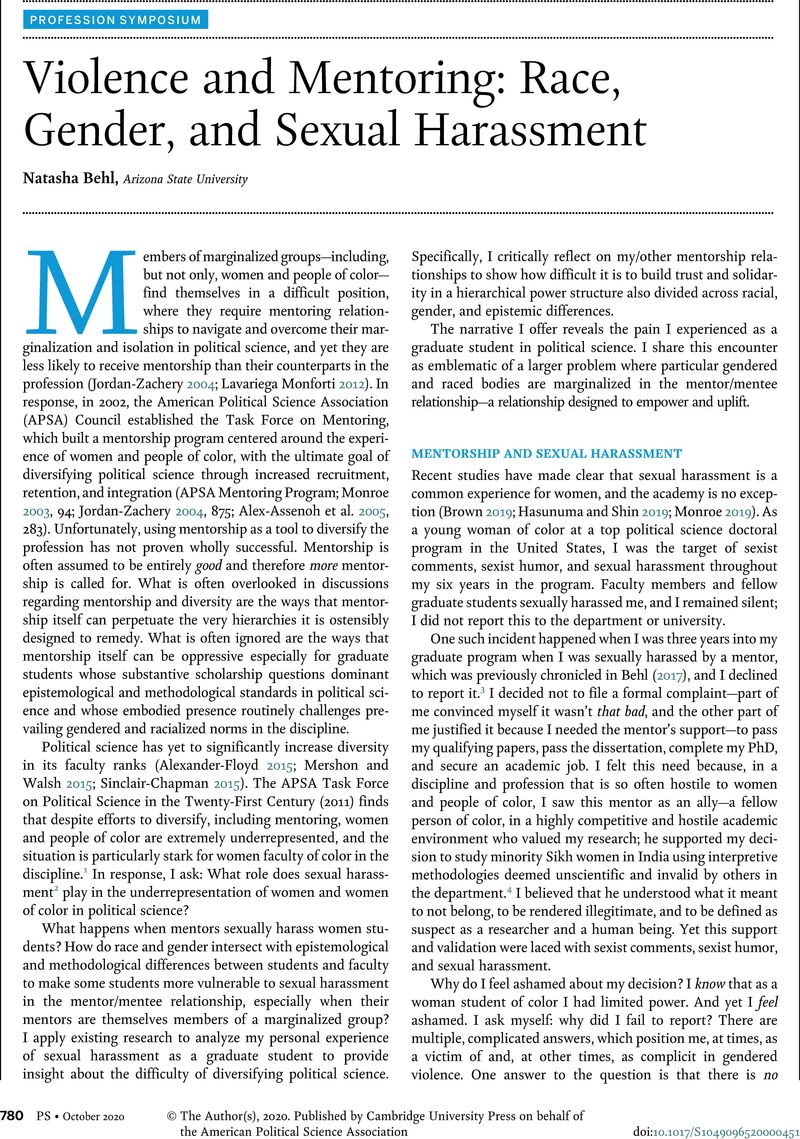Crossref Citations
This article has been cited by the following publications. This list is generated based on data provided by Crossref.
McGlothlin, Renee
2022.
The Vanity of Community College.
SSRN Electronic Journal ,
Meier, Kenneth J.
2023.
It all depends: Reflections on the art of mentoring PhD students in public affairs.
Journal of Public Affairs Education,
Vol. 29,
Issue. 3,
p.
313.



